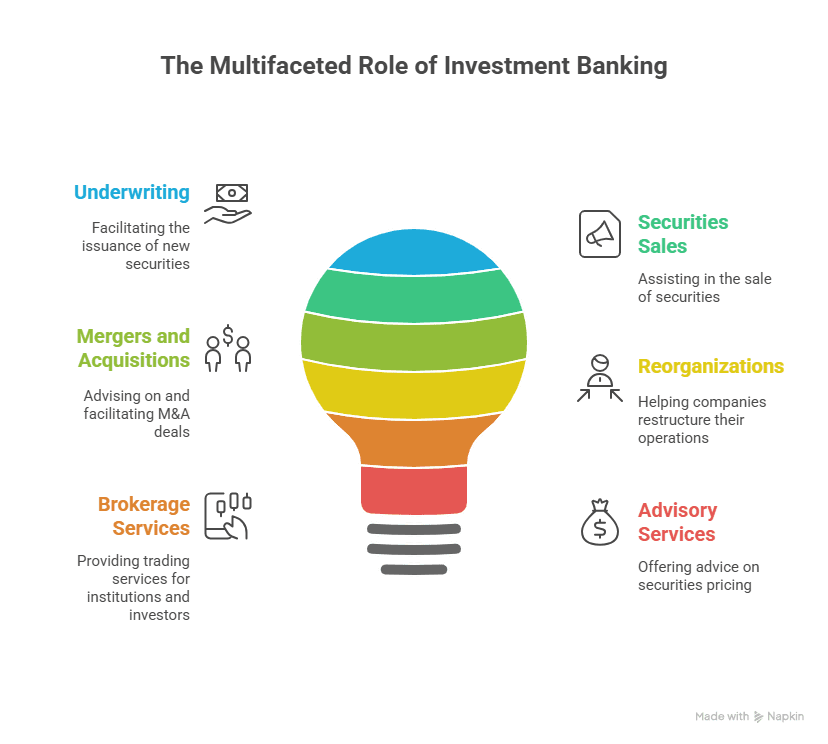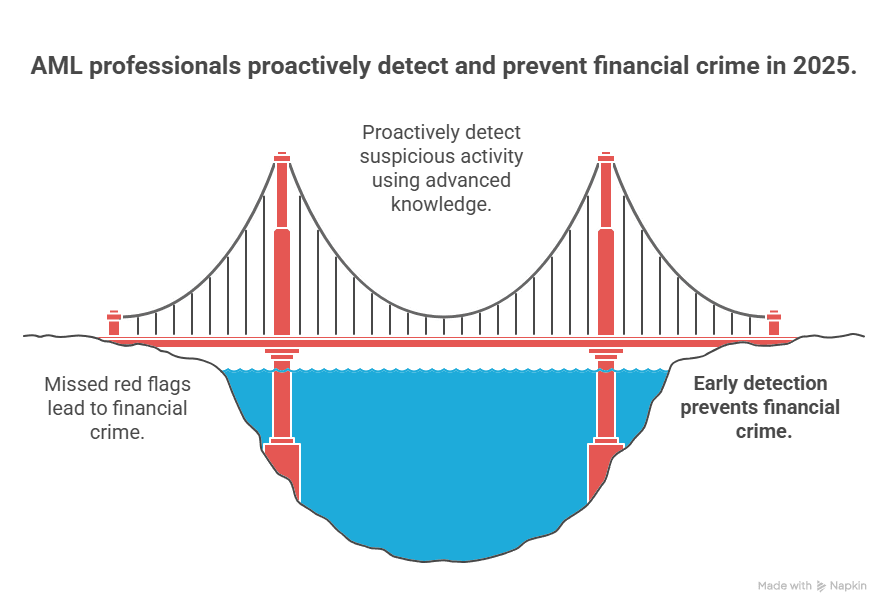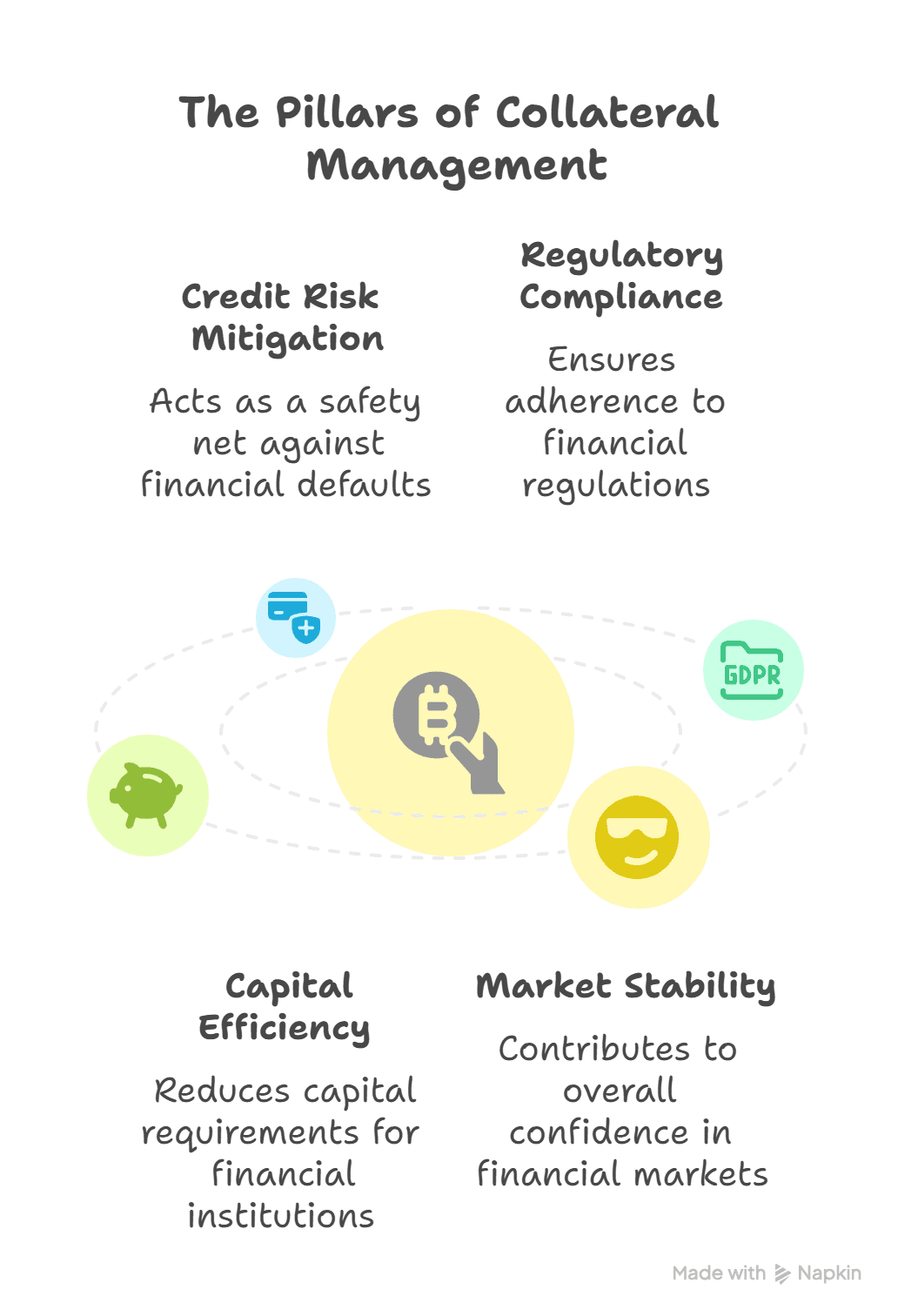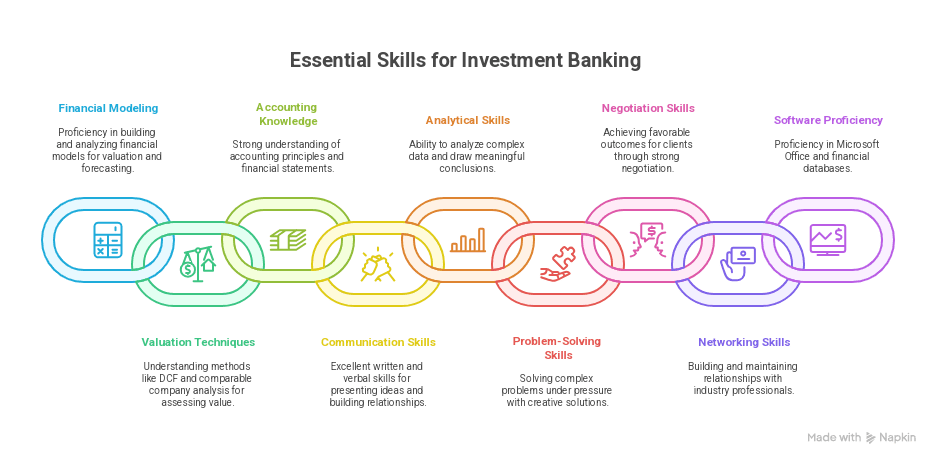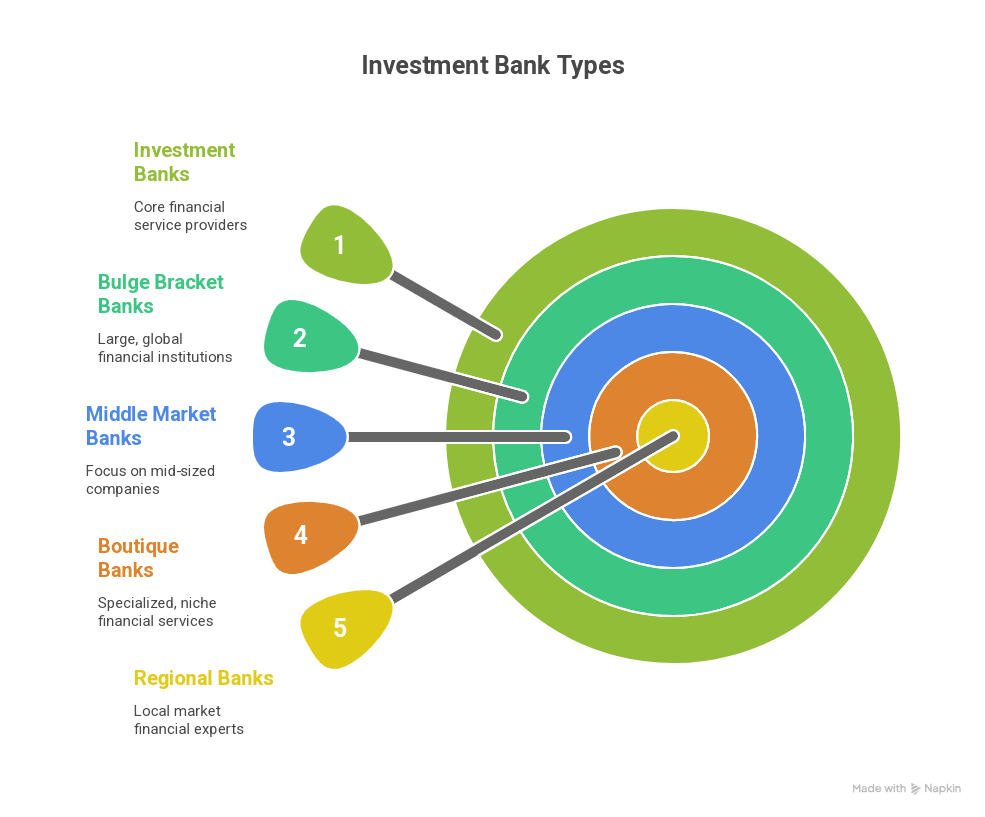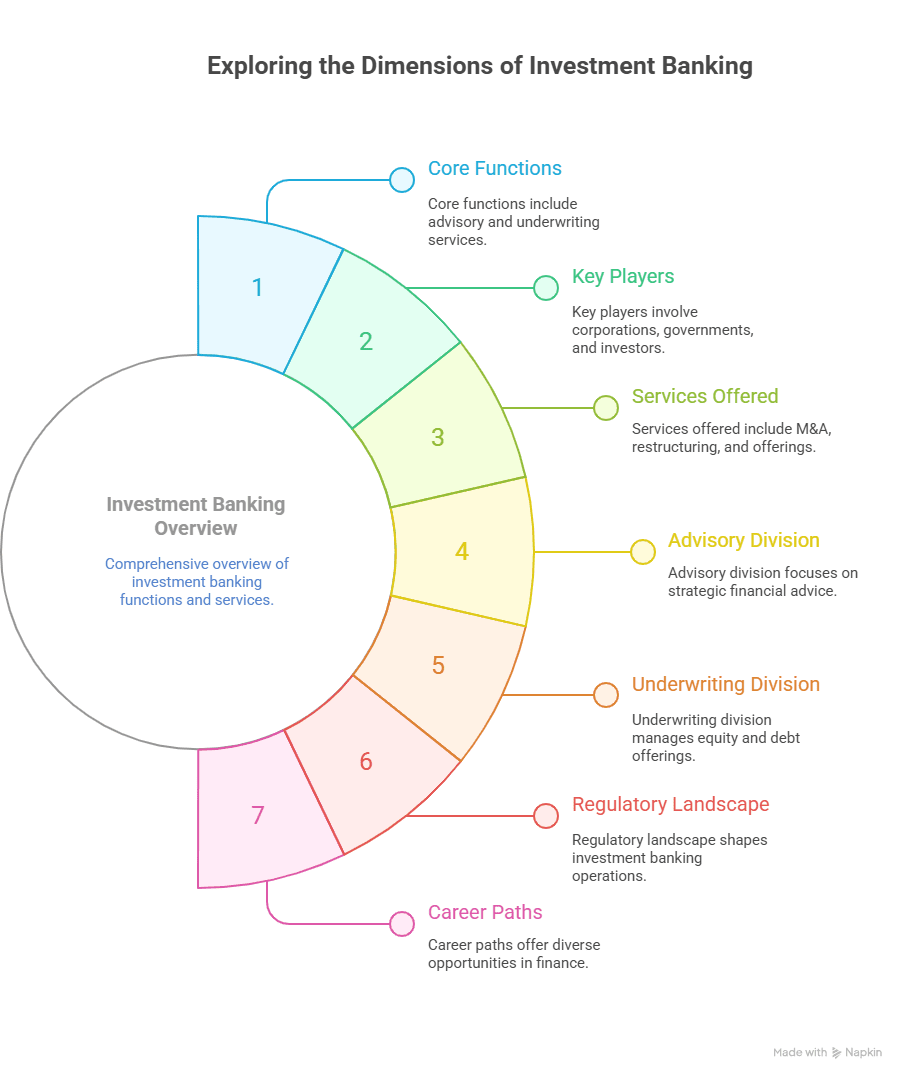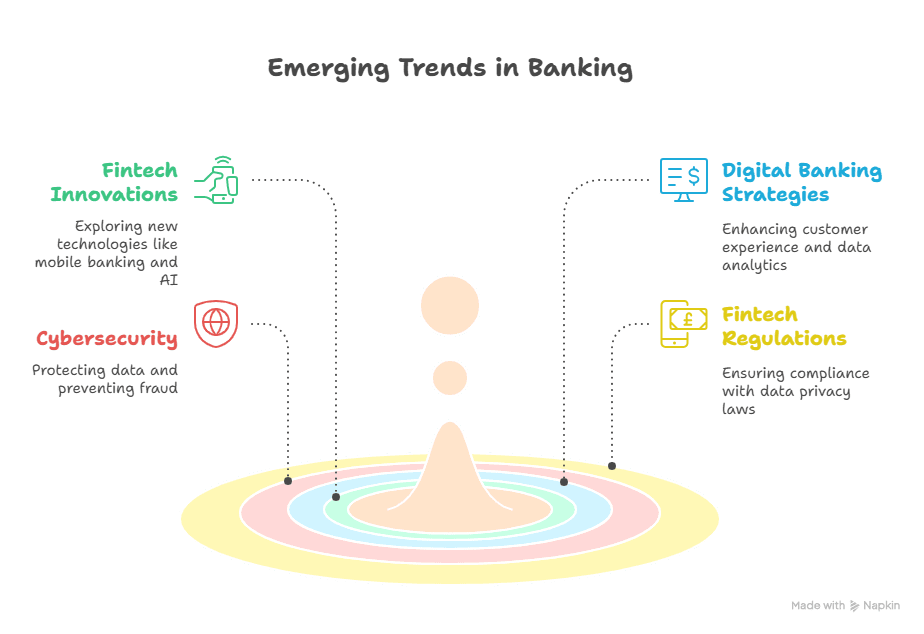
It can be challenging to understand the nuances of compensation in the complex field of investment banking. In this blog, we will explore the earnings of investment bankers worldwide, focusing on the US, UK, India, and Singapore. The purpose of this blog is to unpack investment banker salaries, explore various factors of their earnings and provide clarity on how much these financial experts are making in these countries. In this context, we will explore the factors that affect these figures – including experience, country, and job responsibilities.
While navigating the complexities of pay can be challenging, a career in investment banking offers significant benefits, and understanding your role within the global landscape can be highly valuable. Therefore, if you are an aspiring investment banker, with years of experience or are curious about finances, this blog provides a comprehensive global salary report that is rich in insight. So, get comfortable and allow us to take you through the fascinating world of investment banker salaries that brings numbers to life.
The Earnings of Investment Bankers in India
There is little doubt that investment banking in India has become a path for significant financial rewards, given the salary offers that investment banking professionals receive. However, that is not to say that the wages of a young investment banker are similar to those of someone who has plenty of experience.
Entry-level investment bankers (analysts) make between 12 to 14 lakhs INR. As individuals gain experience and advance in a company, they make significant gains in salary.
- Associate Level: After 3 years of experience in Investment Banking, a hire may earn Associate level status in a bank; the expected salary range is 30 to 40 lakhs/inr on an annual salary basis.
- Vice President: Assuming that they continue to perform exceptionally, they may achieve the Vice President position, with an expected salary range of 60 to 70 lakhs INR/annually.
- Director/Executive Director: Once they achieve Director/Executive Director status, the annual salary for an Investment Banker in India can be in the range of 1 to 2 crores INR.
These figures refer to base salaries, and when including bonuses, the total compensation is much more substantial. Bonus payments account for a significant part of Investment Bankers’ salaries.
Salaries for Investment Bankers in India are a moving target. They can vary based on several factors, including the global presence of the Bank, market conditions, and the performance of the employee. The demanding hours and stressful working environment are outweighed by substantial salaries, which means that a career in investment banking is among the choices for the brightest minds in India.
Investment Banker Salaries in Singapore
In financial services, Investment Banking Analysts are viewed as elite and are compensated accordingly. So what are the salaries for these professionals in the coveted city of Singapore?
Investment Banking (IB) Analysts in Singapore are expected to have an annual salary between SGD 75,000 and SGD 150,000. This estimate accounts for all base salary, bonuses and profit sharing. All of these factors significantly impact an investment banker’s total compensation.
We break salary into three parts and provide a range of compensation for each part:
- Base Salary: Generally, an IB Analyst will earn a base salary of SG$60,000 to SG$90,000.
- Bonuses: Bonus structures can be complicated, ranging from 20% to 100% (or more), and depend on the firm’s results as well as the analyst’s efforts and contributions. Bonuses in investment banking frequently exceed base salary.
- Profit sharing: Profit sharing in investment banking is less common than base salary or bonuses; however, it can still enhance an analyst’s compensation significantly, depending on how much profit the deals generate.
Of course, these amounts can vary greatly depending on the size of the firm, the IB analyst’s experience, and the segment of investment banking they are in.
Compared to other financial capitals around the world, an investment banker in Singapore will receive a competitive salary, given Singapore’s status as a financial capital. Investment banking in Singapore not only provides attractive salary packages but also the opportunity to work on deals at a high level, thus making it an attractive proposition for aspiring investment bankers.
A Tale of Two Financial Capitals: Salary Differences
In the financial world, the USA and the UK, specifically Wall Street and the City of London, are in direct contradiction with each other as both are prominent locations in investment banking. However, two financial capitals can produce drastically different salary parameters for their investment bankers.
First, let us identify the base salary. In the United States, Investment Bankers have a higher base salary than their counterparts in the United Kingdom. In a 2020 survey from Payscale, Investment Bankers in the United States had a median base salary of $96,543 per year, whereas UK bankers had an average of £71,500 or about $93,000.
However, the nuance comes in once you factor in bonuses and financial incentives. In the UK, it is customary for Investment Bankers to take home a hefty portion of their total package in bonuses, sometimes exceeding their base salary altogether. In contrast, U.S. investment Bankers usually take home a higher portion of their overall compensation as base salary, while the bonus portion makes up a smaller piece of the total package.
- US Investment Bankers
- Base Salary: $96,543
- Bonuses: Varies, but a smaller proportion of total pay
- UK Investment Bankers
- Base Salary: £71,500 (93,000)
- Bonuses: Often exceed base salary
To conclude, while the base salaries for Investment Bankers in the US and UK are fairly aligned, the differences in total package structure significantly vary between the two locations. This comparison of pay and compensation shows the varying nature of pay for professionals operating in the two major financial centres.
The Expressive Bonus Structure in Investment Banking
The investment banking space is often known for the luxury lifestyle that its professionals can afford due to the lucrative pay that they receive. In addition to their big salaries, investment bankers also receive bonuses that can significantly enhance their annual earnings. First of all, one version of a bonus is a signing bonus. A signing bonus is for a potential new employee discovered as a talent, and is usually a large percentage of the latest investment banker’s annual base salary.
Secondly, performance bonuses are also a big piece of the total compensation for investment bankers. These bonuses are based on both individual and bank performance, and in a decent year, performance bonuses could be several times the base salary.
Lastly, investment bankers get stock options as part of their bonus. With stock options, if investment banks perform successfully, then an investment banker could reap some sizeable profit by purchasing shares at a fixed price.
In summary:
- Signing Bonus: Provided as an attraction to join the firm.
- Performance Bonus: Tied directly to individual performance and the bank’s performance.
- Stock Options: Allow investment in company stock at a fixed price.
So, as we explore the total compensation of investment bankers, it is evident that bonuses play a large part in an investment banker’s total salary. Yet, bonuses are still subject to performance and market values, so using bonuses can become inconsistent year by year.
Assessing Global Compensation: Pay for Investment Bankers Abroad
It is essential to explore global compensation for Investment Bankers, not just for those wanting to a career in, but also for companies and institutions looking for the best candidates. Investment banker salaries can differ widely by country, with some countries paying higher levels of compensation than others.
- United States: For many years, it has been said that the US is the gold standard of investment banker salaries. The US has beautiful salary compensation packages, often due to the large bonuses, which can exceed salaries.
- United Kingdom: The UK, domiciled in London, is also a very competitive country for investment banker salaries. However, total salary compensation is often less than in the US.
- India: Investment banking is an emerging industry in India. Salaries are lower than in Western countries, but still high in comparison to local wages.
- Singapore: Another major financial centre in Asia is Singapore, where investment bankers are compensated well, and the salaries are comparable to Western countries, all dependent on the cost of living.
We must never forget that the investment banking industry is changing and pay can always change depending on market conditions, bank profitability, and individual performance. So while these numbers are generally accurate, they are only one part of a calculation when putting together a larger picture that considers working conditions, experience development, and cost of living.
| Country | Average Salary |
|---|---|
| US | $100,000 – $200,000 |
| UK | £80,000 – £150,000 |
| India | ₹20,00,000 – ₹40,00,000 |
| Singapore | SGD 100,000 – SGD 200,000 |
In conclusion, while the US still pays better for investment bankers, we hope to demonstrate this point to you.
Allow us to introduce our world-renowned investment banking course, a detailed foray into the world of finance. This course perfectly complements our blog on finance and investment, opening the door for our readers to gain experience and education in the world of investment banking. If you want to embark on a new career in investment banking or want to take your career to greater heights, this course can make it happen! Our course covers a variety of topics suitable for finance professionals, exposing course participants to the volatility of the finance sector.
Not to mention the potential increase in investment banking salaries after the course makes the experience worth the entry fee alone! We want to help you gain the skills and knowledge necessary to turn your dreams into a reality and give you the career you deserve. Take advantage of the opportunity to learn more about investment banking.
Frequently Asked Questions
What is the average salary of an investment banker in the US?
The average salary of an investment banker in the US varies throughout the career trajectory. However, a general approximation of an entry-level investment banker has an annual salary of about $75,000, with median pay for an investment banker with experience or in different locations at $150,000 to $200,000. Keep in mind that these figures do not include bonuses, which can significantly increase an investment banker’s pay.
Is the salary of investment bankers in the US similar to that in the UK?
Overall, investment banker salaries in the UK are generally on par with those in the US, but will have differences based on exchange rate differences and cost of living factors. Investment bankers in the UK can expect to earn an average of £50,000 per year as an entry-level investment banker and an average of £150,000 to £200,000 for senior bankers, and just like the US, bonuses are often a significant number.
What is the normal investment banker salary in India?
Considering the economic differences and cost of living differences, the salary scale for investment bankers in India is significantly different from salaries in the US and UK. An investment banker in India can expect to make an average salary of INR 9 lakh per year as an entry-level investment banker. However, once experienced, this salary can go as high as INR 30 lakh or more, and again, this does not exclude bonuses.
How much do investment bankers make in Singapore?
Singapore is one of the most important financial hubs in Asia, and so is compensated accordingly. The average salary for an entry-level investment banker in Singapore is around SGD 80,000 per year. It could be much higher depending on the amount of experience and seniority level, likely upwards of SGD 200,000 per year. A bonus could significantly increase the total annual compensation.
Does the compensation of investment bankers vary significantly across countries?
Yes, the investment banker salaries can vary considerably across countries. The overall variation is likely due to differences in cost of living, currency valuation, market demand, and the investment banking business in the respective countries. Regardless of the country, however, investment banking is comparatively highly compensated relative to all other industries.
Does experience contribute to the salary of an investment banker?
Definitely, experience contributes significantly to the salaries of investment bankers.

